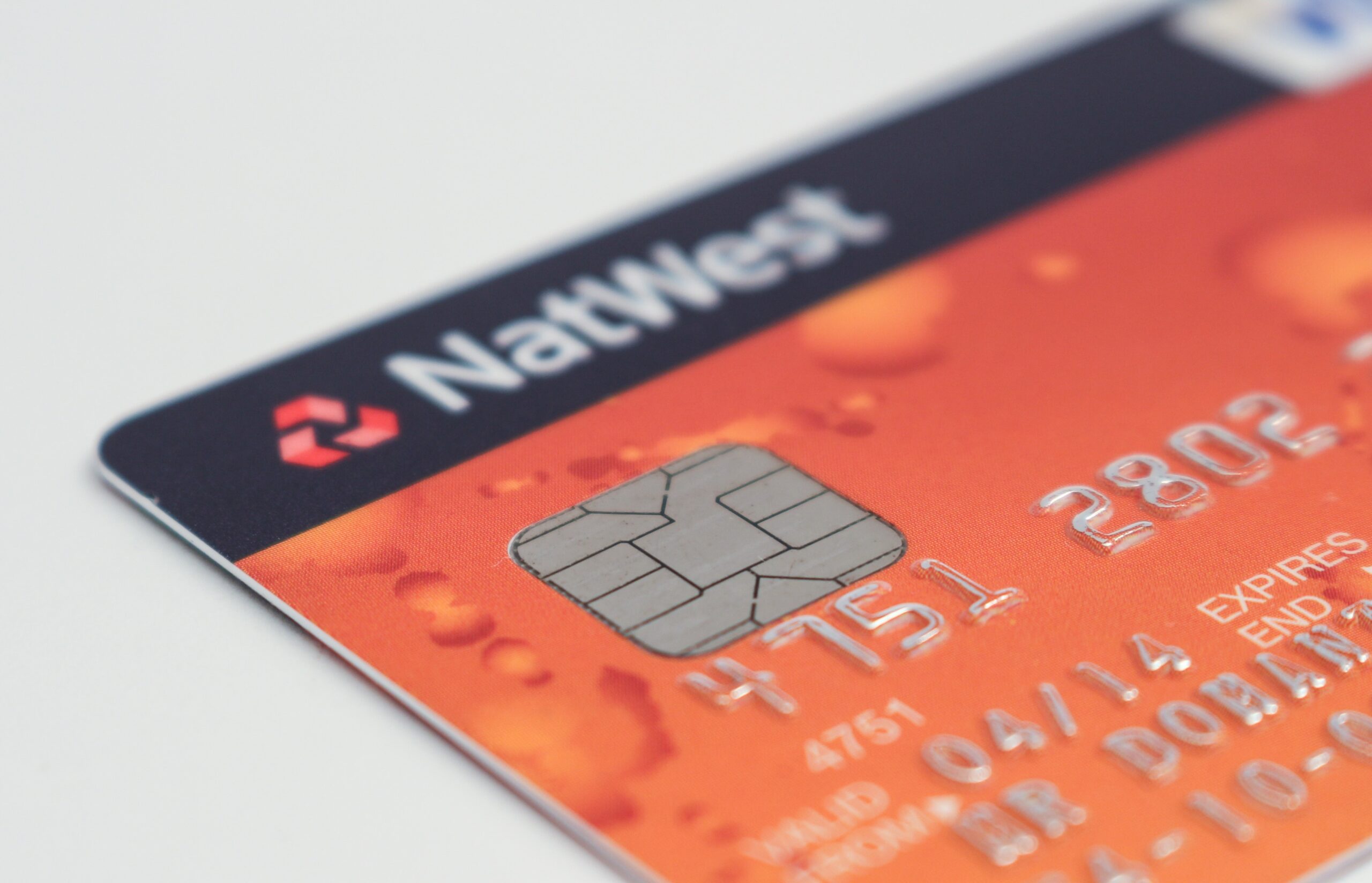93% of adults in the UK don’t feel educated enough to make financial decisions. This highlights the prevalence of poor financial literacy. This blog will outline what financial literacy is and why it is important. Furthermore, It will outline 5 principles of financial literacy that everyone should know.
What is Financial Literacy?
Having financial literacy means possessing knowledge and understanding of different elements of finance.
That knowledge is what enables a person to make wise decisions about how to: earn, budget, save, and invest money.
Why is Financial Literacy Important?
Financial Literacy gives people agency and confidence when it comes to their money. A lack of it can lead to catastrophic money mistakes. Poor Financial Literacy can also make people vulnerable to experiencing financial abuse or getting into debt.
Gender also plays a part in Financial Literacy. A study discovered that men and women have similar basic levels of financial literacy. But men are more likely to make household financial decisions. Therefore, they acquire more financial knowledge.
Despite having similar financial knowledge to men, women are less confident about meeting their long term financial goals. Women cite financial jargon, disposable income and time as the reason for the lack of confidence.
Those factors further highlight the importance of obtaining financial literacy.
5 Principles of Financial Literacy
1. Income
Income is defined as any money that is received. It can be obtained, weekly, monthly or annually. Income can come from salary, investments or other sources.
A large majority of people believe they don’t earn enough money. What they don’t realise is that there isn’t a limit to how much you can earn. Moreover, you can create multiple streams of income. This reduces a reliance on a person’s day job.
If you aren’t earning enough, start by looking at the skills and resources you currently possess. Then think about ways to utilise them.
Owning a car or bike can allow you to start delivering for Amazon, Deliveroo or JustEat . If you have certain skills, you can use platforms such as Fiverr to offer your services worldwide.
Furthermore, you can sell items through ecommerce platforms such as Etsy, Shopify, Ebay. You can also ask for a pay rise at work.
2. Expenses
The definition Expenses is: money that is spent.
You should always aim to spend less than you earn. A way of doing this is by budgeting and tracking your spending.
An advantage of budgeting and tracking is that it puts you in control of your money. It helps to reduce overspending and to save money. This is because you can clearly see where your money is going.
3. Assets
Anything that you own that can be utilized to produce value is called an asset.
In order to build wealth, you should always aim to maximise your assets.
There are several types of assets. I have outlined a few examples below:
Tangible Assets: These are assets that can be physically touched. For example: business properties, personal properties, boats, cars, art and jewellery.
Intangible Assets: Assets can also be Intangible. This means that you cannot touch them. They come in the form of bonds, stocks, pensions or royalties.
Liquid assets: They are cash or they can be easily converted into cash.
Fixed assets: These assets can’t be converted into cash quickly. Additionally, their values change over time. Examples of fixed assets are: antiques, real estate or furniture
4. Investing
Approximately 80% of adults in the UK don’t invest the stock market. The reason cited are a lack of confidence, lack of knowledge and low risk tolerance.
But there are several reasons why investing in the stock market is advantageous.
Firstly, when a person buys stocks & shares, they are purchasing a part of a company. A person is then entitled to dividend income from the company.
Secondly, the stock market typically offers an annual return of 10%. This is significantly higher than traditional savings accounts. In 2021, the average interest rate for an easy access savings account was just 0.17%.
Thirdly, money invested in the stock market benefits from compound Interest. Compound Interest is interest earned on top of interest that has already been accrued.
Investing as early as possible gives your money time to grow and exponentially increase due to compounding.
You can read a beginner’s guide to investing here.
5. Liabilities
The definition of Liabilities is: the debts you owe to a person or business.
Debt is one of the biggest obstacles to achieving financial goals. Debt can also have a negative effect on people’s mental health and wellbeing.
Not all debt is bad. Debt can actually be used to purchase assets. For example, a mortgage helps you to buy a house, which is an asset. A business loan can start a business, which is also an asset.
The problem comes when debt is used for things that are not assets. Purchasing holidays, cars or clothes with debt only leaves you with more debt.
Compound interest also works with debt, but in a negative way. The compounding adds to the amount owed.
I urge everyone, if they can, to avoid debts that don’t provide you with assets.
Being in debt makes you less financially secure and it prevents you from living the life you want.
Furthermore, there are several methods people can utilise in order to become debt-free.
Conclusion
The building blocks for personal finance is financial literacy. Money literacy allows you to make wise financial decisions. There are 5 foundational elements that everyone should know. There are: income, expenses, assets, liabilities and investing.
How many of these elements do you currently use in your financial life? Send me an email or message me on social media with your thoughts.


